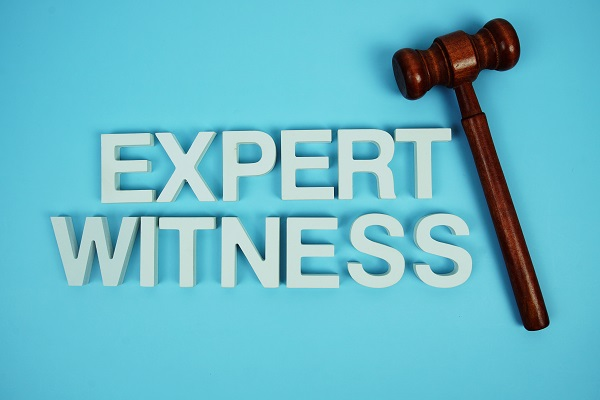When facing legal challenges involving law enforcement actions, understanding your rights can feel overwhelming. The legal system can be complex, and police procedures may not always be clear to someone without professional training. This is where a police expert witness becomes invaluable. They provide insight into law enforcement practices, ensuring that your legal rights are fully protected during investigations, trials, or disputes.
Understanding the Role of a Police Expert Witness
A police expert witness is someone with extensive experience and training in law enforcement. They are familiar with standard police procedures, investigative techniques, and the rules that officers must follow. When involved in a legal case, a police expert witness can analyze the actions of police officers and provide an objective opinion. Their expertise helps clarify whether law enforcement followed proper protocols and whether any rights were violated during an arrest, search, or other police interaction.
Providing Insight into Law Enforcement Practices
One of the main ways a police expert witness helps is by explaining complicated police procedures to the court. Many legal cases involve questions about how an arrest was made, how evidence was collected, or whether officers acted appropriately. A police expert witness can break down these procedures in simple terms. By doing so, they help judges, juries, and attorneys understand the situation from a law enforcement perspective while highlighting potential issues that could affect your case.
Ensuring Your Rights Are Protected
Your rights are fundamental, and a police expert witness plays a crucial role in ensuring they are respected. For example, if a police officer conducted a search without proper legal authority, a police expert witness can explain why this action was improper. They provide professional testimony that may support motions to suppress evidence or challenge the validity of an arrest. This ensures that you are treated fairly under the law and that any mistakes made by law enforcement are identified.
Supporting Your Legal Team
Working with attorneys is another key area where a police expert witness adds value. Lawyers rely on their expertise to build a strong defense or support claims of misconduct. The expert can review police reports, body camera footage, and other evidence to identify inconsistencies or procedural errors. Their input helps your legal team prepare arguments that are accurate and persuasive, which can significantly improve the chances of a favorable outcome.
Clarifying Complex Situations for the Court
Many legal disputes involving police actions are highly technical. Understanding the nuances of police procedures requires specialized knowledge. A police expert witness can present complex situations in a clear and understandable way, often using examples or demonstrations. This clarity helps the court make informed decisions, ensuring that justice is served and that any violation of your rights is properly addressed.
Building Credibility in Your Case
Having a police expert witness can enhance the credibility of your case. Courts give weight to testimony from recognized professionals with practical experience. When a police expert witness supports your position, it signals to the court that your claims are backed by factual, professional analysis rather than opinion or speculation. This can be especially important in cases where your version of events is disputed by law enforcement.
Conclusion
A police expert witness is a valuable ally in protecting your legal rights. By providing insight into law enforcement practices, ensuring procedures were properly followed, and supporting your legal team with expert analysis, they play a critical role in the justice system. Whether challenging evidence, clarifying police actions, or explaining complex procedures to the court, a police expert witness helps ensure that your rights are respected and that your case is presented effectively. Their involvement can make a significant difference in achieving a fair and just outcome.

